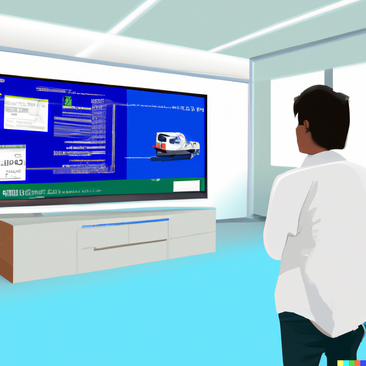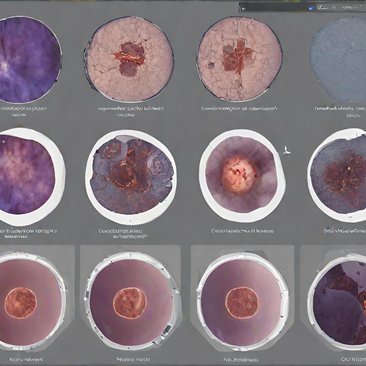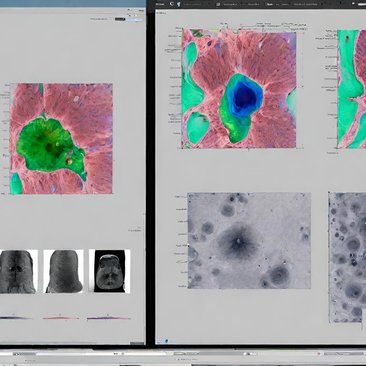Technology Goals
Docker is a powerful platform designed to simplify and automate the deployment of applications by using containerization. With Docker, developers can package applications and their dependencies into containers, ensuring consistency across development, testing, and production environments. These containers are lightweight, isolated, and portable, making Docker an essential tool for modern DevOps practices.
Docker containers run on any system that supports Docker, making them ideal for cloud deployments, microservices architecture, and continuous integration/continuous deployment (CI/CD) pipelines. In our projects, Docker plays a crucial role in enabling scalable and consistent application deployments, helping our clients accelerate their development cycles while ensuring reliability.
Strengths of Docker in Our Projects
Docker’s key strength is its ability to create standardized environments. It solves the common "it works on my machine" problem by ensuring that applications run the same regardless of where they are deployed. This is particularly useful in multi-stage development workflows where the same containers are used from local development to cloud deployment.
Docker is also a key component in microservices architecture, allowing us to break down complex systems into manageable, independent services that can be deployed and scaled individually. Combined with Docker Compose and Docker Swarm, we are able to manage multiple containers and orchestrate complex application stacks.
Comparison with Other Containerization Solutions
Compared to virtual machines (VMs), Docker containers are significantly more lightweight. VMs require a full operating system for each instance, while Docker containers share the host OS kernel, which reduces overhead and improves performance. While Kubernetes is a more robust container orchestration platform, Docker Swarm offers simpler, built-in orchestration for smaller-scale deployments.
Real-world Applications in Client Projects
Docker has been integral in several of our client projects:
- Continuous Deployment for E-commerce: We used Docker to automate the CI/CD pipeline for an e-commerce platform, allowing rapid deployment of updates while maintaining stable production environments.
- Microservices in Fintech: For a financial services platform, Docker enabled us to implement a microservices architecture, where each service runs in its own container. This ensured better scalability and isolation between different components of the system.
- Development Environment Standardization: In a healthcare project, Docker was used to create standardized development environments, ensuring all team members were working with the same configurations and libraries, reducing compatibility issues and improving collaboration.
Client Benefits and Feedback
Clients appreciate Docker's ability to streamline deployment processes and ensure consistent performance across multiple environments. One client in the fintech sector saw a 40% improvement in deployment speed after migrating to a Docker-based workflow, while another client in healthcare valued Docker's flexibility and its ability to standardize development across teams.
Conclusion
Docker has revolutionized how applications are built, tested, and deployed. Its ability to package applications into portable containers ensures consistency, scalability, and reliability. Whether used in microservices architecture or continuous deployment pipelines, Docker provides a crucial advantage in modern software development, enabling faster delivery and more reliable operations.

















